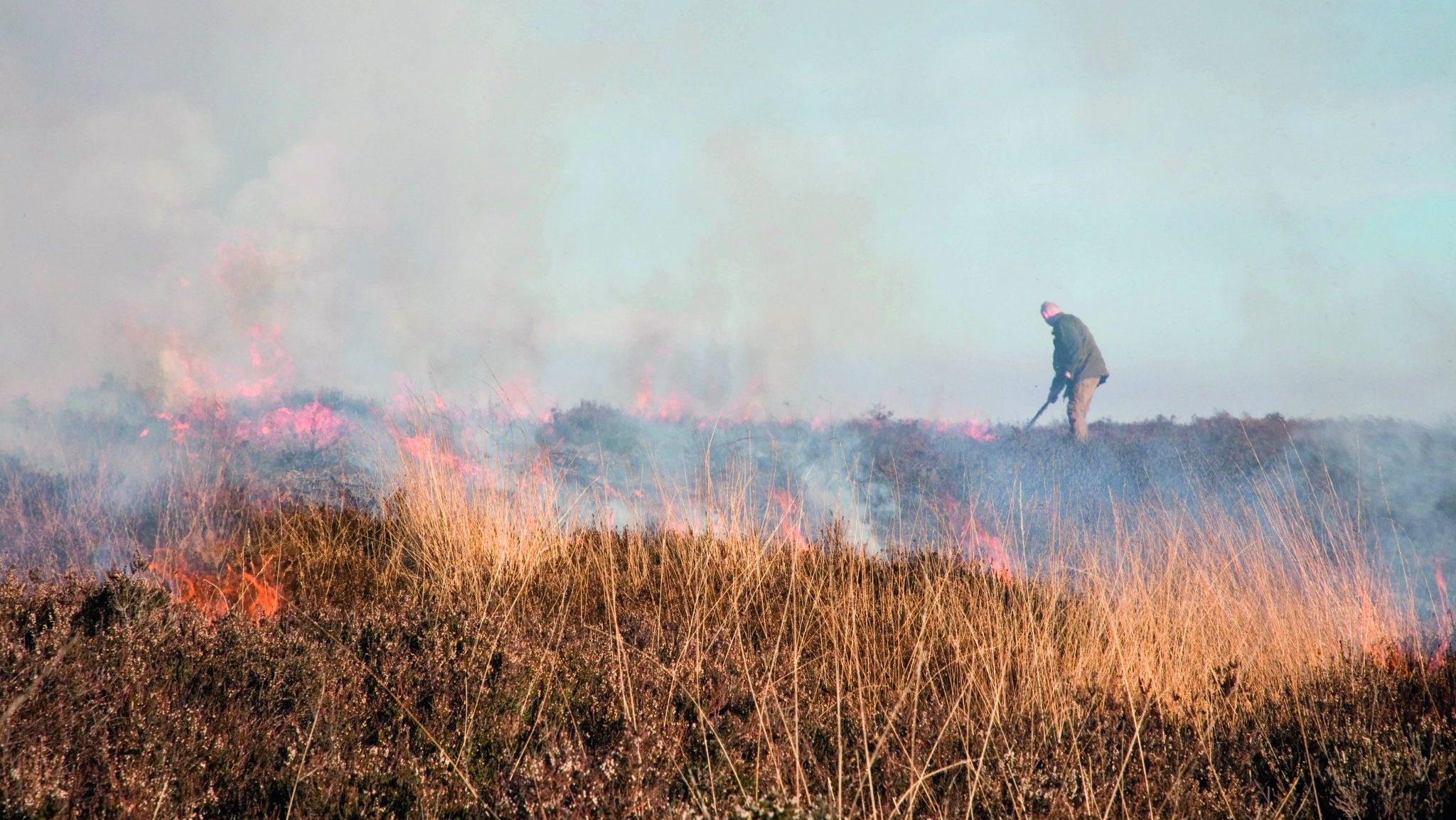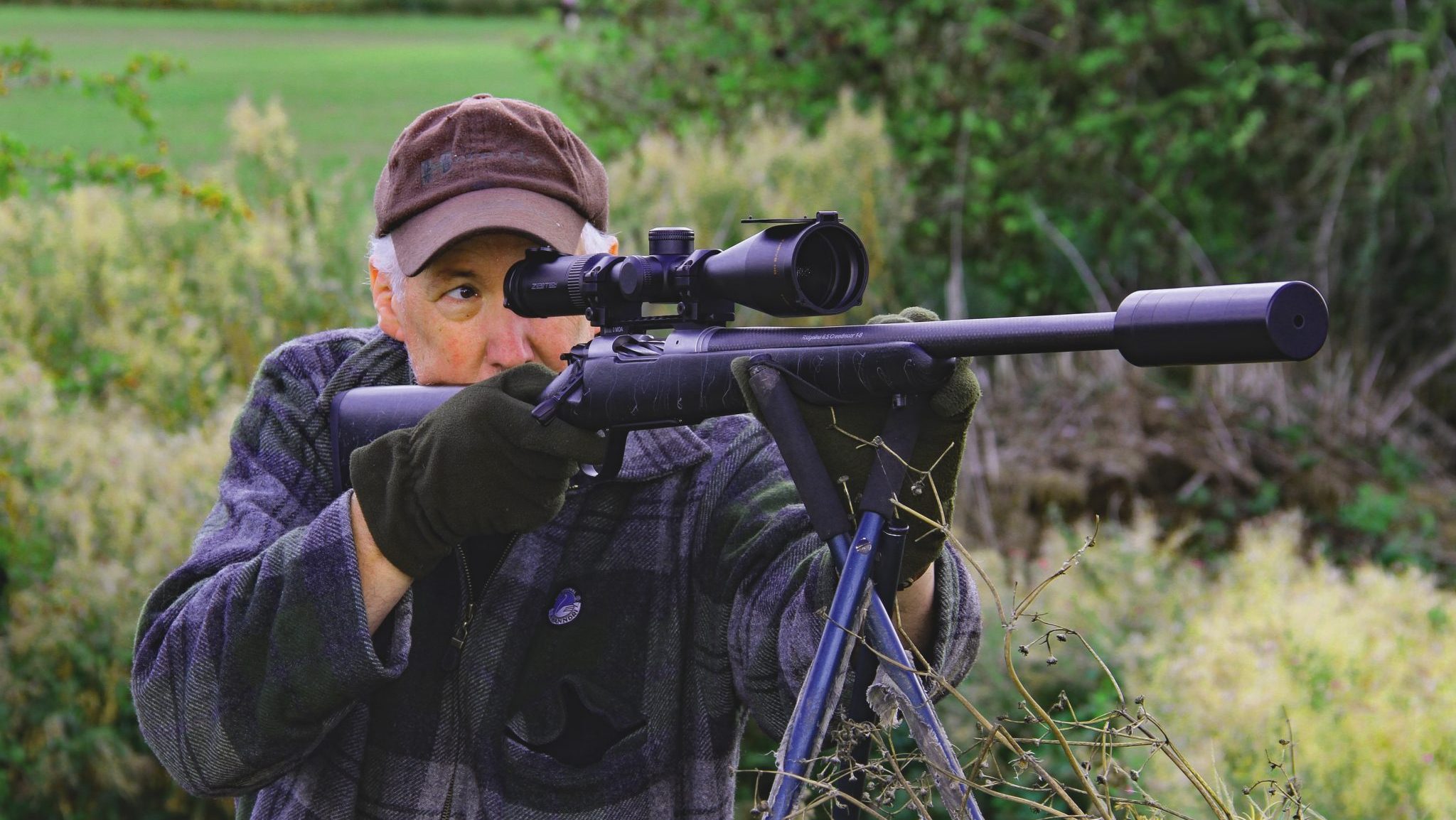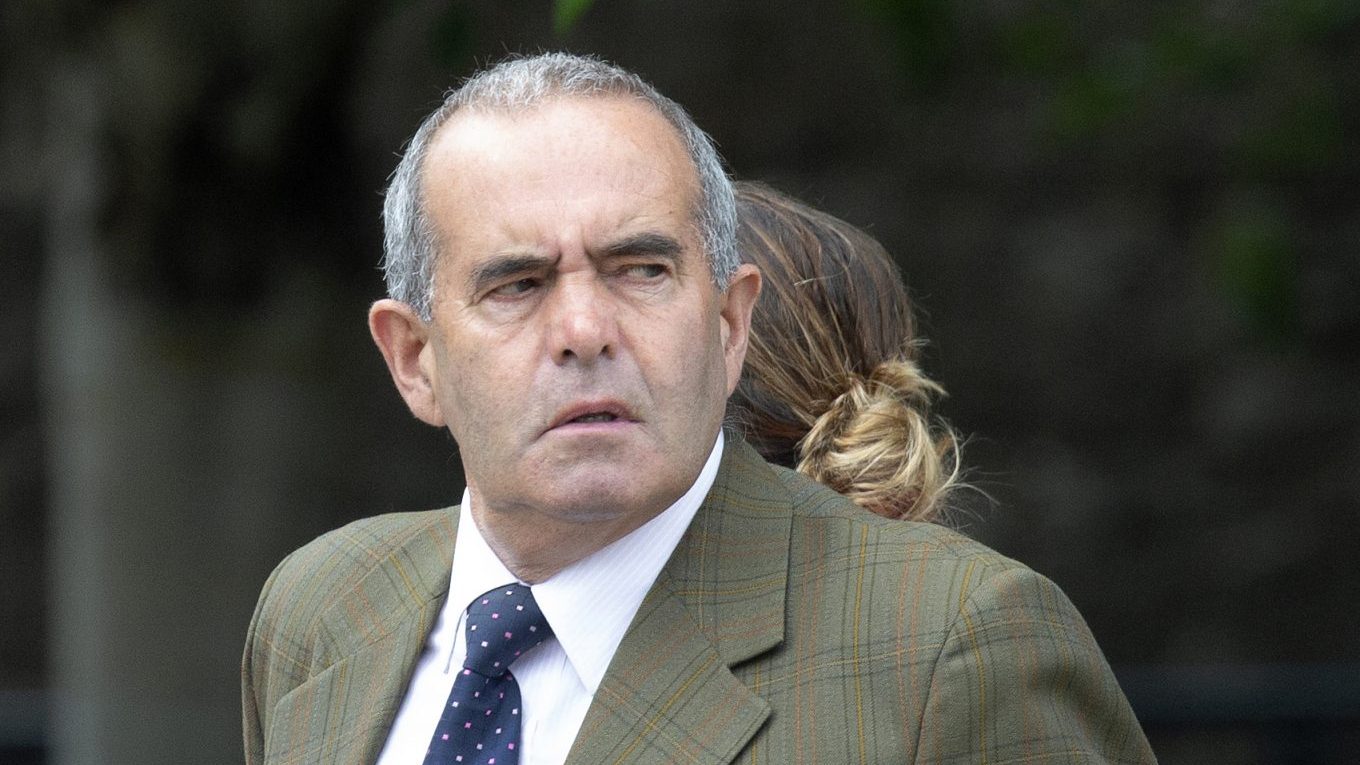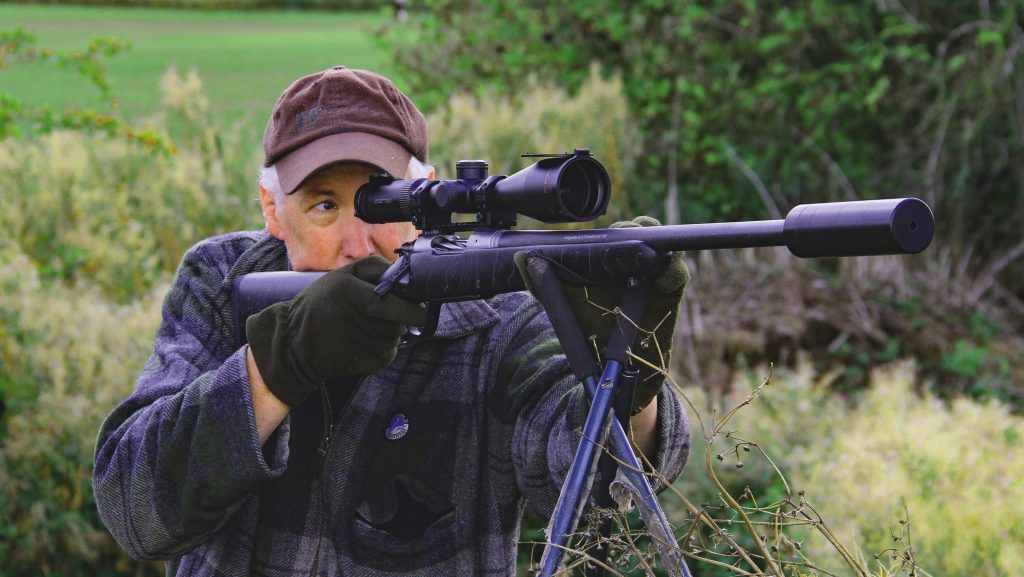★ Win a Schöffel Country shooting coat for everyone in your syndicate worth up to £6,000! Enter here ★
Defra consulting on proposals to further restrict heather burning
 Heather burning faces further restrictions
Heather burning faces further restrictions
The government has announced its intention to extend current restrictions on heather burning, but according to the latest scientific evidence, this would not achieve the government’s desired effect, to “protect air, water and wildlife”.
The eight-week government consultation launched on March 31 outlines a series of proposals that include a revision of the definition of peat depth, refinements to the existing licensing system and the introduction of mandatory training for prescribed burning.
The government’s proposals would alter the definition of ‘deep peat’ from 40cm depth to 30cm. If passed, the area over which controlled burns cannot be conducted without special licence would be expanded by 168% to nearly 1 million acres of England’s moorlands.
Low-intensity, controlled ‘cool burns’ covering limited areas, remove the heather canopy, prevent the burning of peat and moss beneath the vegetation, and act as a fire break to help prevent the spread of environmentally destructive wildfires. They also encouraging the growth of peat-forming sphagnum moss which filters and absorbs water.
The government’s claims that heather burning causes peatland to emit rather than store carbon have been accused of being “outdated” by rural organisations including the Countryside Alliance.
The latest research indicates that the controlled burning of heather, when compared to mowing or no management, results in the greatest long-term carbon sequestration.
Tim Bonner, Chief Executive of the Countryside Alliance, said: “Controlled burning remains one of the only available tools for conservationists and moorland managers in preventing wildfires spreading out of control.
“Wildfires have the potential to devastate rural communities and habitats. If we are to prevent the horrific scenes like those witnessed in California recently, the Government must accept that it must make license applications as easy as possible to obtain for those on the frontline against wildfires.
“They must heed the latest science, which supports the benefits of controlled burning, not prejudiced and outdated opinion.”
Chief Executive of the Moorland Association, Andrew Gilruth told ST: “Future generations are going to wonder what on earth we thought we were doing. Around the world nations are reintroducing controlled burning to reduce wildfire fuel loads.
“Here the conservation industry, one which employs no wildfire experts, is pushing us in the opposite direction. It’s bizarre that nations around the globe are using evidence from UK research to underpin their support for burning, while in the UK some have started using the same research to claim the opposite.”
The consultation runs until 25 May
Related Articles
Get the latest news delivered direct to your door
Subscribe to Shooting Times & Country
Discover the ultimate companion for field sports enthusiasts with Shooting Times & Country Magazine, the UK’s leading weekly publication that has been at the forefront of shooting culture since 1882. Subscribers gain access to expert tips, comprehensive gear reviews, seasonal advice and a vibrant community of like-minded shooters.
Save on shop price when you subscribe with weekly issues featuring in-depth articles on gundog training, exclusive member offers and access to the digital back issue library. A Shooting Times & Country subscription is more than a magazine, don’t just read about the countryside; immerse yourself in its most authoritative and engaging publication.







